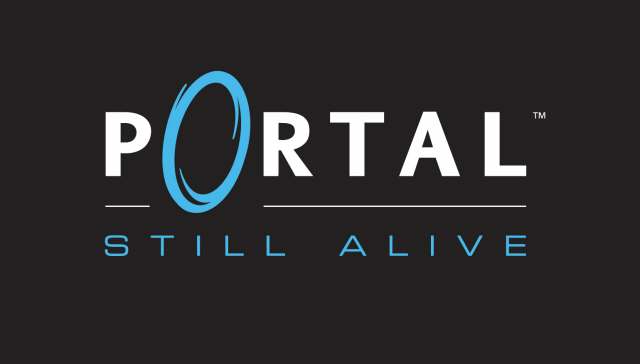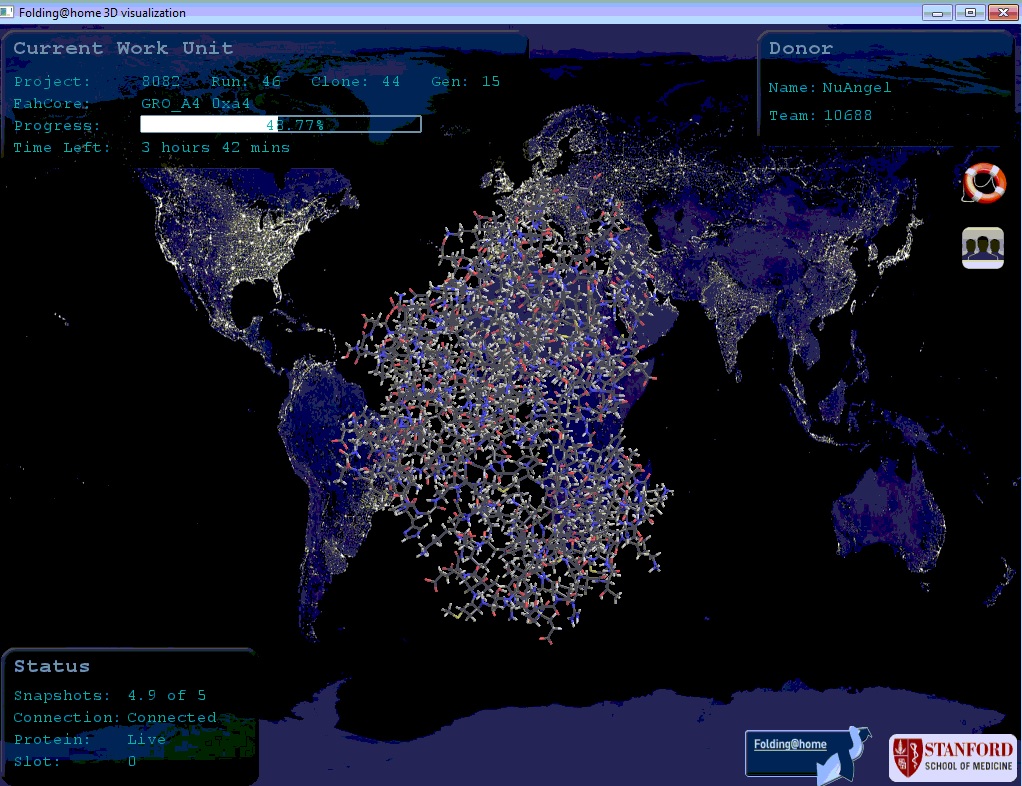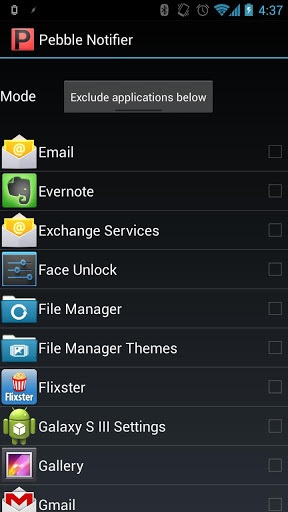How did I miss this before? It’s amazing.
Author: admin
Overdue for a Half Life 2 run

I own Half Life 2 on Steam. And during last week’s Ultimate Game Sale, I bought the Orange Box on Xbox 360 (I used own the disc based game, sold it off years ago). I have missed Portal… although I also own that on Steam. I just couldn’t resist the temptation to go back through Portal with a controller, and re-live Half Life 2 with a mouse and keyboard.
I’m not looking forward to driving through barren wastelands in a noisy car assembled out of someone’s plumbing. Nor the subsequent roaming around in sewer pipes near a canal. What a pain that part is. But I have a feeling that I’m going to be flashing back a little bit and playing me some Orange Box on the my Xbox 360 this weekend! Unfortunately, I’m pretty sure it’s too late for any level 1 newbies to start playing Team Fortress 2.
Why not let Bitcoin cure cancer?

Bitcoin keeps making headlines as this mysterious currency that nobody understands. And from what I’ve seen, people swap BTC back and forth paying each other in their virtual currency, but there are very few ways to cash it in in the real world. But I don’t care about that. What I care about, is all of the wasted energy and processing power.
To earn “Bitcoins” you must mine them from software. And not in a cute, fun “Minecraft” video game sort of way – in a processor intensive and electricity hungry CPU crunching method. A small application sits, and runs, and tries to mine bitcoins. They say that the calculations being done are essential to the peer-to-peer backbone that makes up Bitcoin. Then comes a company like Butterfly labs, who puts out a small box that is designed for literally nothing more than mining Bitcoins. They’ve gone so far as to build a $30,000 server with a custom processor.
Meanwhile, what of Folding@home? Stanford University, for years, has used distributed computing to help simulate protein folding experiments that could someday be used to fight cancer, alzheimer’s, or other diseases. BOINC & Rosetta@Home has similar goals, looking in to HIV and Malaria research.
When the Sony PlayStation 3 launched a Folding@home app, I was excited to see idle CPU power being put to good use. But Bitcoin is making people with Powerhouse PC’s decide to focus solely on greed. Virtual greed, at that. Maybe I’ll be sorry I didn’t stay on the Bitcoin bandwagon someday, but right now, I just wish people were more aware of projects like these. I once took part in the SETI@Home project, processing thousands of hours of recorded space audio, hoping for a repeating signal or a hello from E.T. – but none ever came. I was still impressed with the idea that they could just pass the work out to millions of home computers and let them crunch the numbers.
I had heard of Folding@home after SETI, and decided to put my CPU cycles to a better use. For a while I worked with Rosetta@home, but found it more clunky, to me, than the Stanford project. I liked the idea that Rosetta@home was a registered not for profit, and I was all about seeing HIV eradicated. But more I have seen cancer attack people I love, and am now concentrating CPU cycles behind the Folding@home Cancer project. It even adds gamification features, like stat-tracking, and community driven leaderboard.
Please, do the world a favor, use distributed computing for the right reasons.
Pebble Notifier does everything the Pebble Watch SHOULD do!

When I heard about the Pebble I wasn’t interested. I know, call me crazy. It just seemed over priced for not having to reach in to my pocket. It’s not THAT convenient. However, I do have friends who bought the Pebble Watch. I became even less interested when I heard that only certain apps could send notifications to the Pebble Watch. Lucky for you, the geeks are already on your side!
Pebble Notifier was quick to arrive. Open it up, choose from the list of apps on your phone, and have notifications pushed to your Pebble. This app isn’t going to help me, but I have good feedback telling me it works pretty reliably, so I wanted to pass it along to the Pebble owners out there.
